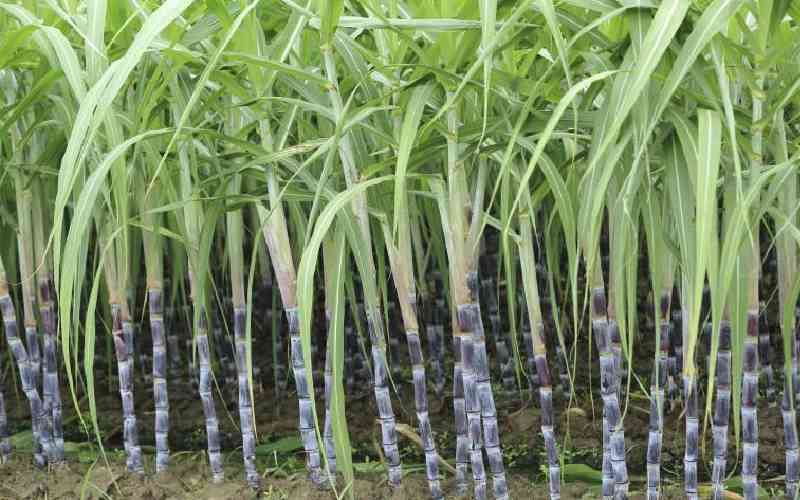×
The Standard e-Paper
Fearless, Trusted News

Some maize farmers in Nandi are shifting focus to sugarcane farming, pushed by the unstable maize market and high cost of production.
For several years, the northern parts of Nandi County have been traditionally maize-growing zones. Maize farming has been an economic mainstay for the local residents.